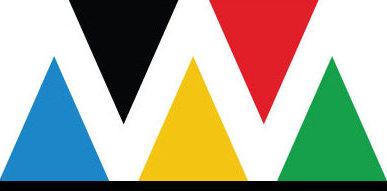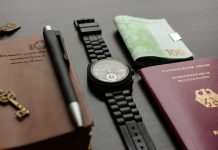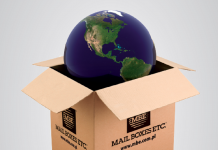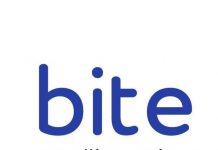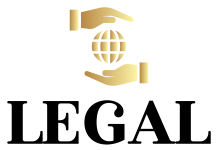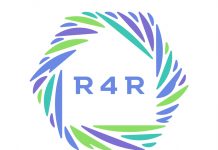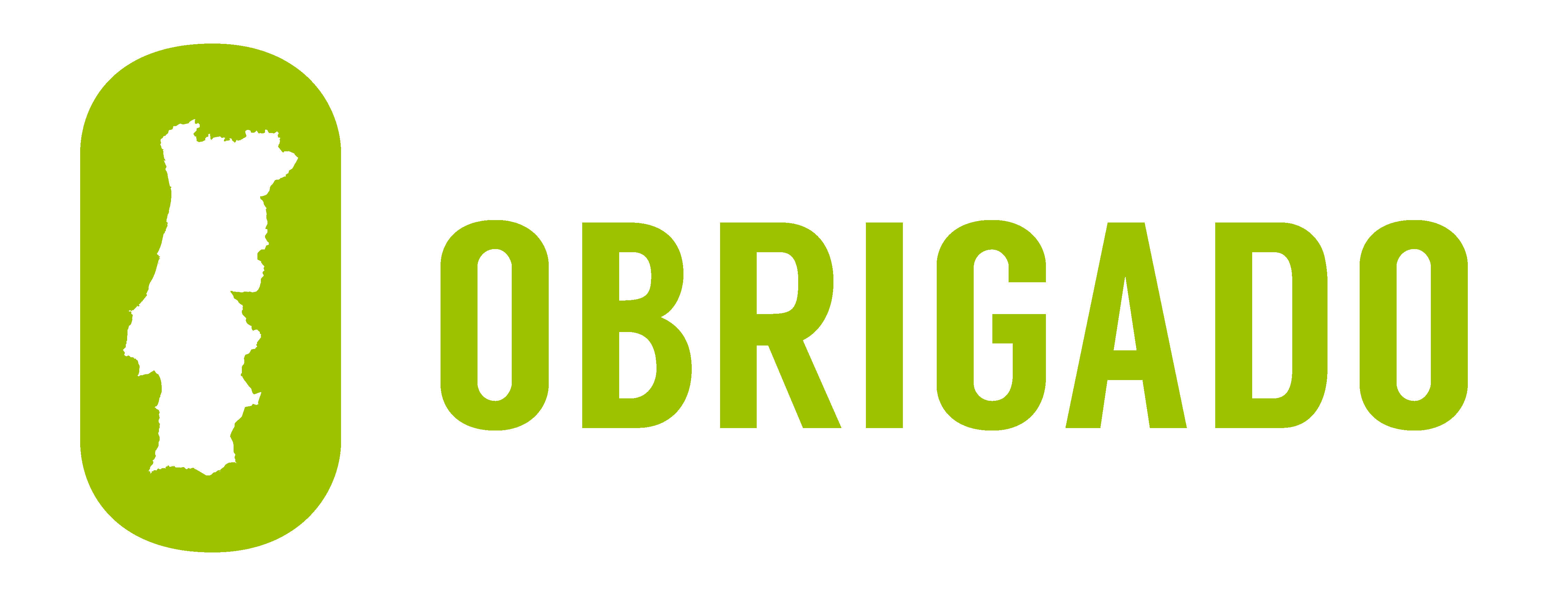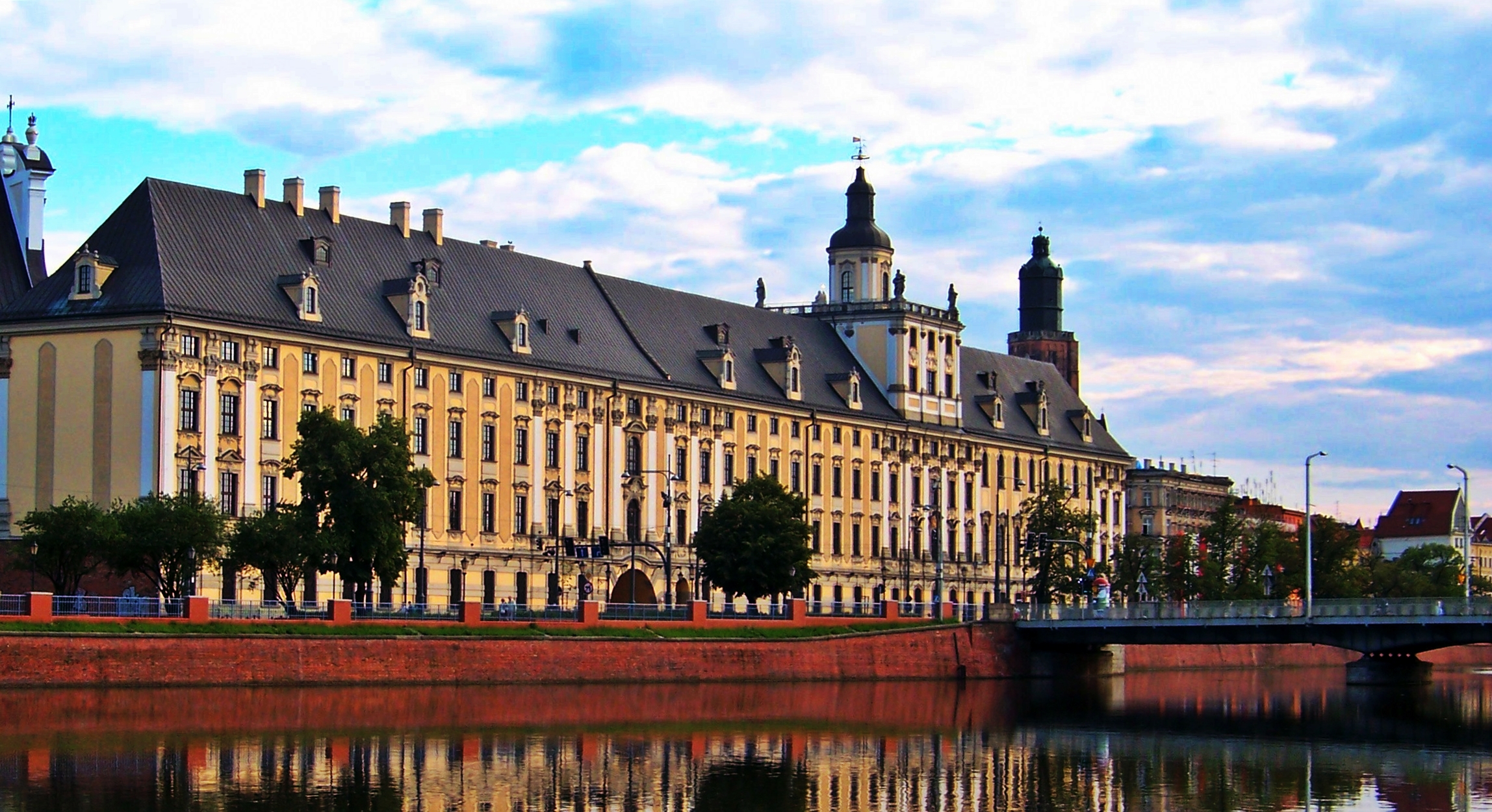Expats will find both public and private healthcare in Poland. Most Polish citizens use a combination of both, and expats will want to make sure they have some degree of private insurance, as costs associated with these services can become expensive if paying out of pocket.
Facilities and treatment are generally better in the larger cities, and emergency services are less reliable in the rural areas. Furthermore, Poland has a smaller number of doctors than many countries with a similar population size, and these individuals are usually located in the major cities.
Public healthcare in Poland
The Ministry of Health regulates national healthcare policy and oversees the state-financed system, the National Health Fund (NFZ), that supports it.
State care is compulsory for all Polish nationals and all official residents; contributions are usually deducted directly from salaries and self-employed individuals are required to make a personal payment to the NFZ. The amount usually totals to 8.5 percent of a gross salary.
The standard of public healthcare in Poland is adequate, though many of the hospitals may be of a slightly lower standard than those in countries where creature comforts are expected. Still, the best institutions are publicly owned, and for complicated surgeries, especially, these are the logical choice – there are often no private options for cancer cases, for example.
One downfall of the NFZ is the fact that it issues quotas on the number of free state procedures doctors can perform. For this reason, those needing either consultation or minor treatment may find themselves on a waiting list for months before receiving service.
Furthermore, if using the state system and requesting the services of a specialist, it is necessary to first get a referral from a General Practitioner (GP); thus the process could take a very long time.
Private healthcare in Poland
Private healthcare in Poland is often used to supplement the public sector. Expats will find that many nationals choose this option to avoid the long waits and crippling bureaucracy of the state system. In fact, many of the same doctors that work for the NFZ have private practices on the side; they can bypass the limits of the quota system this way and treat patients as they see fit.
Private treatment in small doses is affordable, but continuous treatment will certainly pull at an expat’s purse strings; it’s recommended that foreigners living in Poland take out private health insurance.
Medicines and pharmacies in Poland
Pharmacies are widely available in Poland and some in the major cities are open 24/7. Although expats will find a wide selection of over-the-counter medicines in Poland, these are often more expensive than in other EU countries. The state does not sponsor most prescription drugs; some medicines associated with long-term illnesses, such as asthma, depression, heart disease and diabetes, are funded in part.
Health insurance in Poland
 Although foreign residents working in Poland have access to public healthcare through contributions to the NFZ, it is advised that expats also have adequate private health insurance.
Although foreign residents working in Poland have access to public healthcare through contributions to the NFZ, it is advised that expats also have adequate private health insurance.Expats will need to obtain a personal identification number (PESEL) before officially applying for public health insurance. Once the application is approved, individuals and their dependants are given an official medical insurance card and are entitled to free health services in Poland.
EU nationals who hold a European Health Insurance Card (EHIC) or an E-111 form are also able to receive free public healthcare. This includes access to primary care, specialist outpatient care, hospital treatment, dental treatment and ambulance transport.
Emergency services in Poland
Emergency services in Poland are often prone to time delays, especially in areas outside of the major urban centres. The time between calling for help and receiving treatment is much longer than that found in other Western countries.
If a person is not close to a hospital with an emergency room, a GP is required by law to treat them in their home.
In the case of a medical emergency in Poland, expats can dial 112 or 999.
